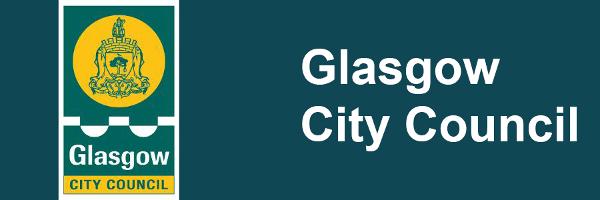Climate and Ecological Emergency

Climate change is widespread, rapid and intensifying - and it's down to us to rectify the situation. We need to reach a point where we have reduced emissions by as much as physically possible, and then ensure we absorb the rest through offsetting measures (understood as reaching a 'Net-Zero'). Furthermore, we need to also ensure our economy functions in a circular model as opposed to its current linear form, we cannot extract more from the Earth than what it is capable of producing.
Reaching this point as a city, country and species requires far reaching measures to be undertaken in all aspects of society. As such, Glasgow recognises its role as a city in tackling this existential threat and is committed to creating a low carbon and sustainable city for all.
Glasgow's Climate Plan was unanimously approved by the City Administration Committee in June 2021. The Climate Adaptation Plan was approved the following year in June 2022. Together, Glasgow's Climate Plan and Climate Adaptation Plan set out the City's ambition to reduce emissions through direct mitigation, while also adapting to the impacts of climate change and addressing the ecological emergency.
Since 2019, Glasgow has made great strides in addressing the Climate and Ecological Emergency. Just some key activities are shown in the Sustainability Achievements 2019-2025 (PDF, 660 KB)(opens new window).
Related Content
Related Articles
- Climate and Ecological Emergency Working Group
- Climate Risk and Opportunity Assessment for Glasgow City Region




